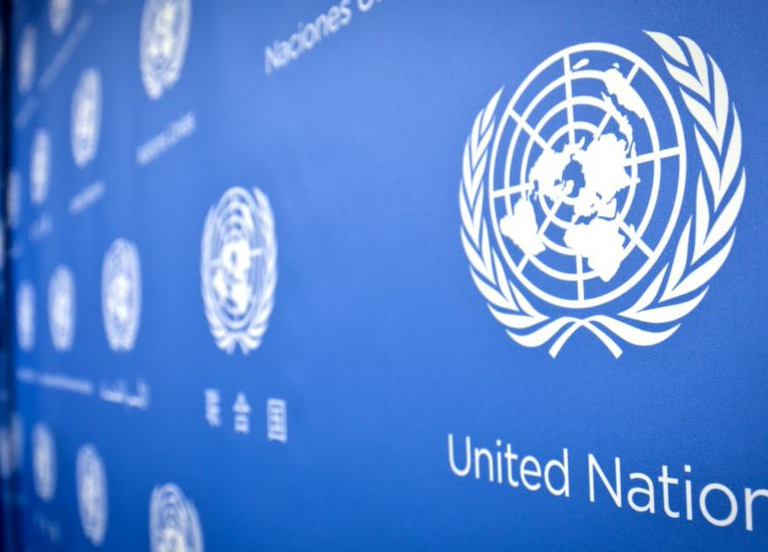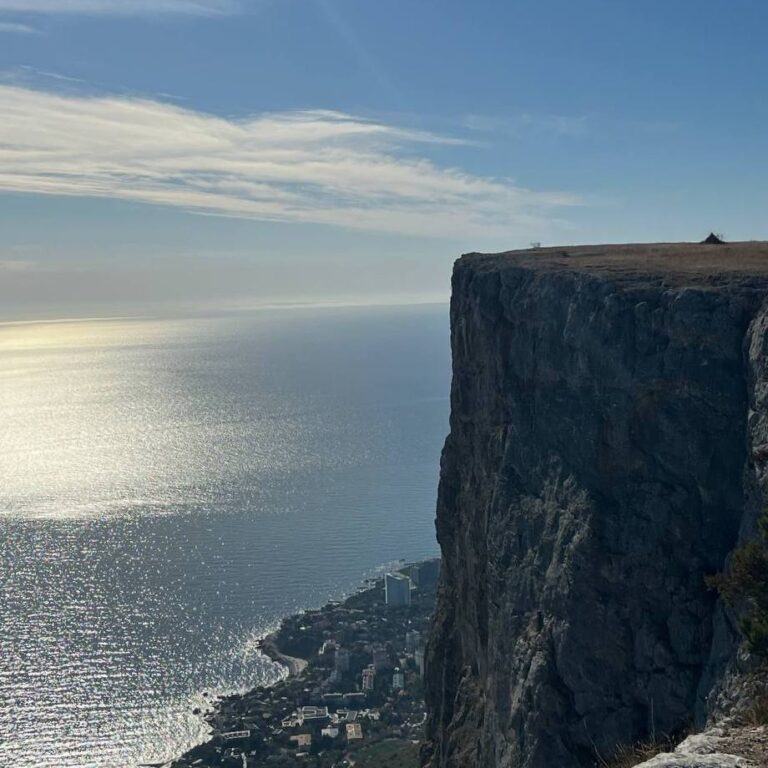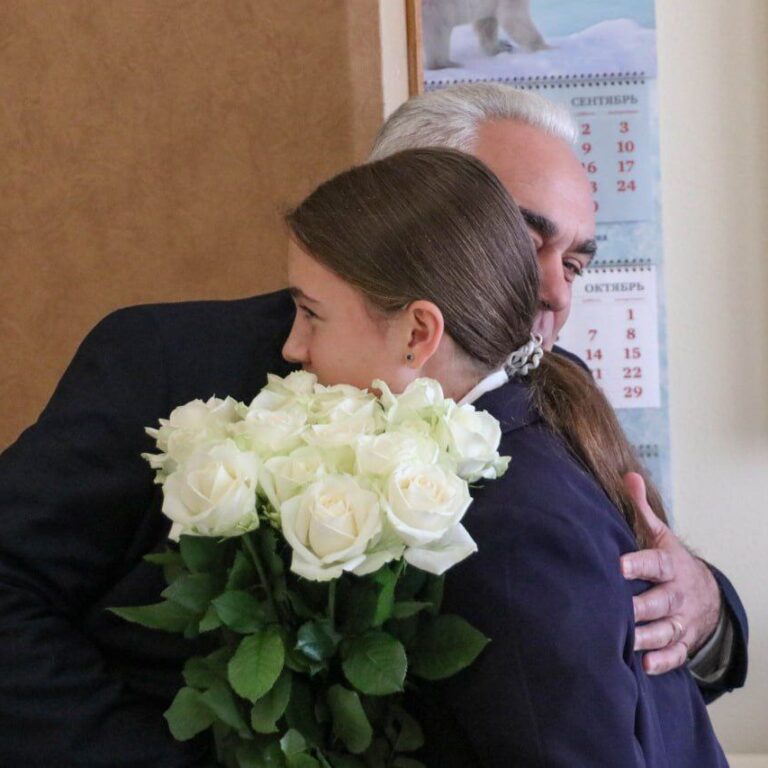“Conflict Observatory”, supported by the Bureau of Conflict and Stabilization Operations, US Department of State, and the Yale School of Public Health’s Humanitarian Research Lab published on February, 14 report “Russia’s systematic program for the ‘re-education & adoption’ of Ukraine’s children”.
Report points that facilities in Russia and Russia-occupied Crimea have held at least 6,000 children from Ukraine’s mainland since Russia’s full-scale invasion on 24 February 2022. Experts has identified dozens of camps and facilities and many of the key figures coordinating these efforts, including the pro-Russia “re-education” of children and the suspended return of children from camps.
The separation of children from their parents for indefinite periods documented in this report, that constitute a violation of the Convention on the Rights of the Child. Some of the actions of Russia’s government and its proxies detailed in this report, such as unnecessarily expediting the “adoption and fostering” of children from Ukraine during the current emergency, constitute a potential war crime and crime against humanity in some cases, researchers stress.
Experts identified the network at least 43 facilities, 41 of which are pre-existing summer camps in Russia-occupied Crimea and Russia. Among the camps, 12 are clustered around the Black Sea, 7 are in occupied Crimea, and 10 are clustered around the cities of Moscow, Kazan, and Yekaterinburg. Experts point that the exact number of facilities is likely significantly higher than identified in this report.
At least 32 of the camps identified by Yale researchers appear engaged in systematic “re-education” efforts that expose children from Ukraine to so-called “Russia-centric academic, cultural, patriotic, and/or military education”. Multiple camps endorsed by the Russian invaders are advertised as “integration programs”, with the apparent aggressor’s goal of “integrating” children from Ukraine into the Russian government’s illegal “vision of national culture, history, and society”.
Report points that at two Crimea-located camps, “Artek” and “Medvezhonok”, aggressor-controlled “kindergarten” in “Artek”, children’s returns were suspended indefinitely according to parents. “Medvezhonok”, experts stress, is one of the largest camps identified, at one point hosting at least 300 children from Ukraine’s mainland.
Experts points that hundreds of children from Ukraine’s mainland were at least in two other camps, “Luchistyi” and “Orlyonok”, and that experts were has been unable to identify how many of these children have been reunited with their parents. It is unknown how many of Ukraine’s children Russia currently holds and how many have been released to their families, report adds.
Our Association informs periodically foreign and international human rights institutions regarding Russia’s deportation on Ukraine’s children to and via Russia-occupied Crimea and on its illegality.







